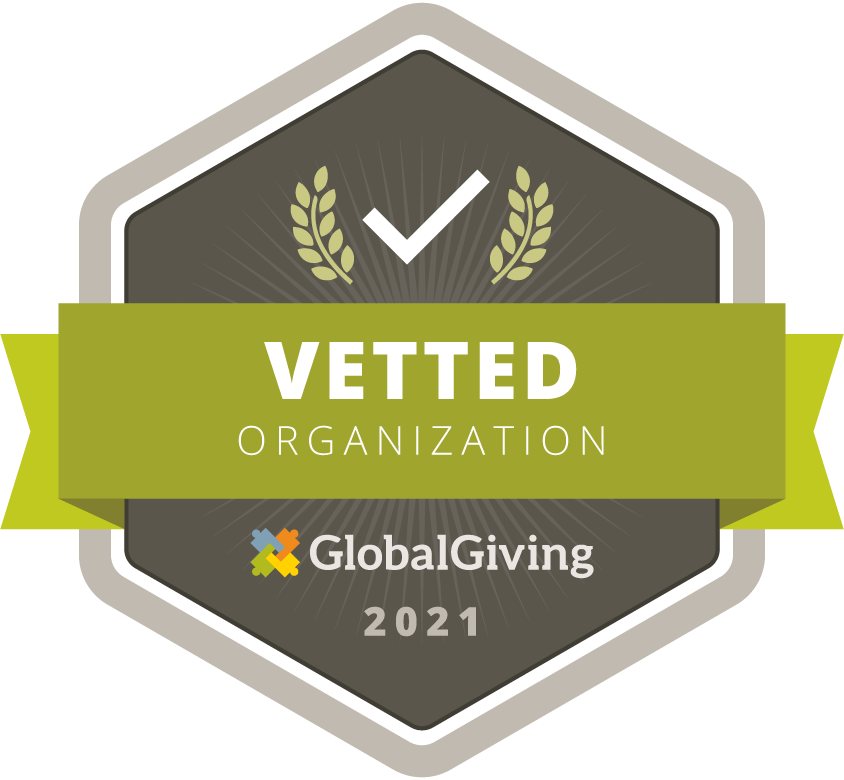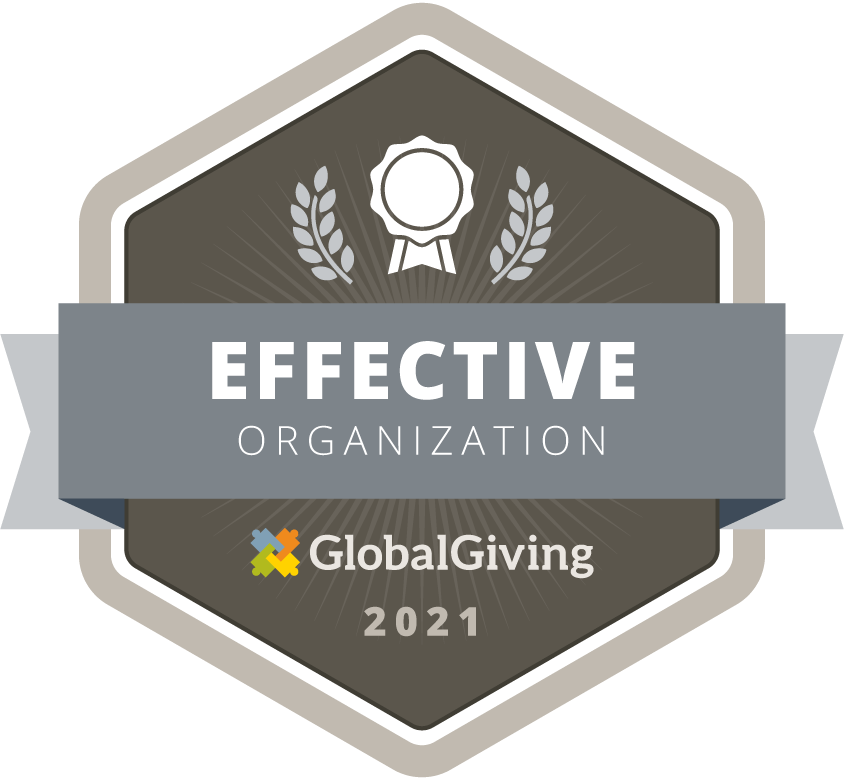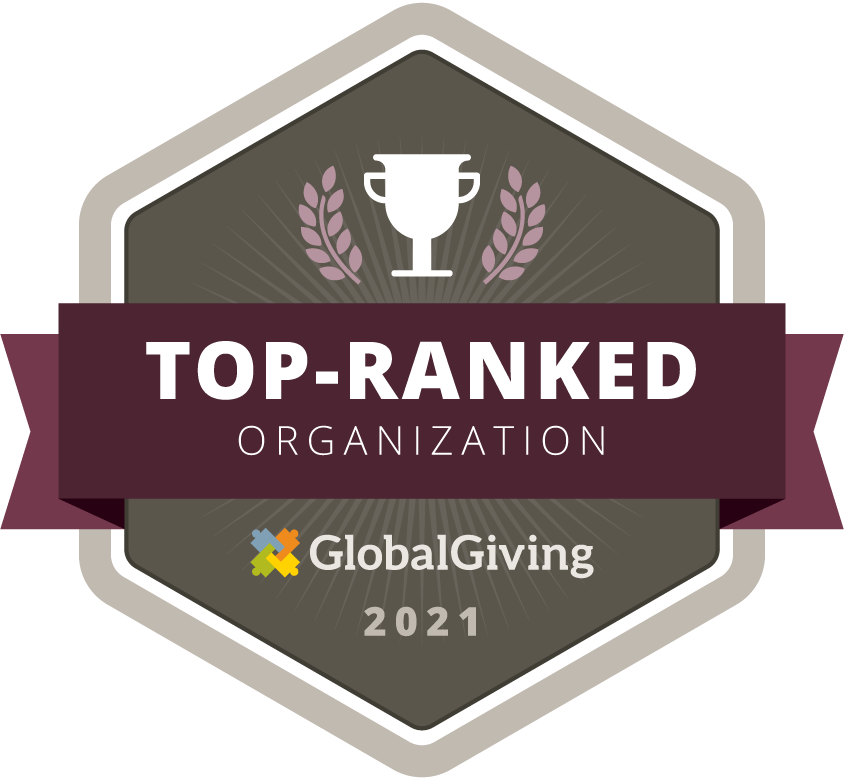The History of Women's Rights in the Sahel Region
The status of women and their rights in the Sahel is among the lowest in the world. Out of 152 countries listed in the UN Gender Inequality Index, Niger ranks 151, Chad 150 and Mali 148. Most women within this region don’t enjoy the same opportunities as men, due to both systemic, legal and cultural factors.
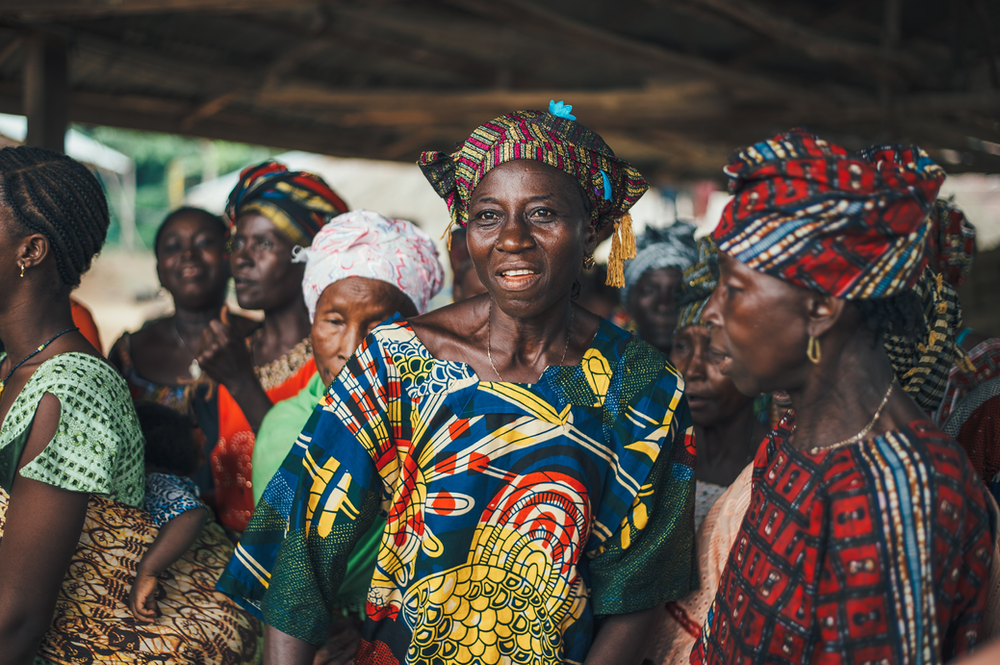
To begin, women are chronically undereducated throughout the region. While some Saharan countries, such as Burkina Faso and Ghana, have worked hard to close the primary school gap between boys and girls, countries such as Chad and Liberia still have incredible education gaps. For example, the illiteracy rate for women in Chad between the ages of 15-24 is twice as high for women as it is for men. This lack of education once again stems from both cultural and legal barriers. Many women in this region are forced into early marriages by their families or communities, cutting their education short.
Women’s ability to obtain work outside the home is incredibly limited in this region. Studies by OECD have found that 17% of men throughout West Africa do not think that it is acceptable for a woman to work outside the home. There are also additional legal barriers that prevent women from obtaining jobs in various industries, with Senegal and Benin each having 13 legal provisions restricting a women’s right to work. On this note, women are additionally lacking in government throughout the Sahel region. In Nigeria, only 5% of the parliament are female, and only one country in the region has a parliament that is more than a quarter female. Both the cultural beliefs and the legal provisions force many women into the informal sector, and into low paying jobs.
In addition to working low-paying jobs, women oftentimes bear the majority of the burden of “unpaid work”. Unpaid work usually includes activities such as child-care, cooking, cleaning and collecting water. On average, women in Saharan Africa spend six times more time than men on unpaid care work. While the ratio does vary across countries, this undue burden on women allows them less time for any other activities.
While the odds against women in this region of the world might seem high, there are steps being taken to address gender inequalities and help raise the status of women. One way that many countries are combating gender inequality is by adopting national gender strategies and implementing legislative reforms. Legislative reforms are incredibly important in the field of child marriage, which is one of the largest reasons why many girls drop out of school early. All West African countries are signatories of the Protocol to the African Charter on Human and Peoples’ Rights on the Rights of Women in Africa. Additionally, countries such as Côte d’Ivoire, Mali and Sierra Leone have adopted laws establishing equal pay for equal work. These laws ensure that women are paid the same as men, ensuring that they can obtain the economic means to help lift themselves out of poverty. Finally, both the African Union and many of the countries throughout the region are putting women’s empowerment at the forefront of new policies.
While there is still much work to be done in the region, both governments and NGOs, like FarmSahel, are working to empower women throughout the Sahel region.
Sources:
-Development Matters. (2018, March 12). Gender equality in West Africa? The key role of social norms. Retrieved March 12, 2021, from https://oecd-development-matters.org/2018/03/08/gender-equality-in-west-africa-the-key-role-of-social-norms/
-Investing in girls and women's empowerment in and beyond the sahel. (n.d.). Retrieved March 12, 2021, from https://www.worldbank.org/en/news/press-release/2020/05/28/investing-in-girls-and-womens-empowerment-in-and-beyond-the-sahel
-Laurent Bossard Director of Sahel and West Africa Club (SWAC) - OECD, Bossard, L., & Director of Sahel and West Africa Club (SWAC) - OECD. (2018, July 03). Sahelian women, both central and marginal. Retrieved March 12, 2021, from https://ideas4development.org/en/sahelian-women-central-marginal/
-Investing in girls and women's empowerment in and beyond the sahel. (n.d.). Retrieved March 12, 2021, from https://www.worldbank.org/en/news/press-release/2020/05/28/investing-in-girls-and-womens-empowerment-in-and-beyond-the-sahel
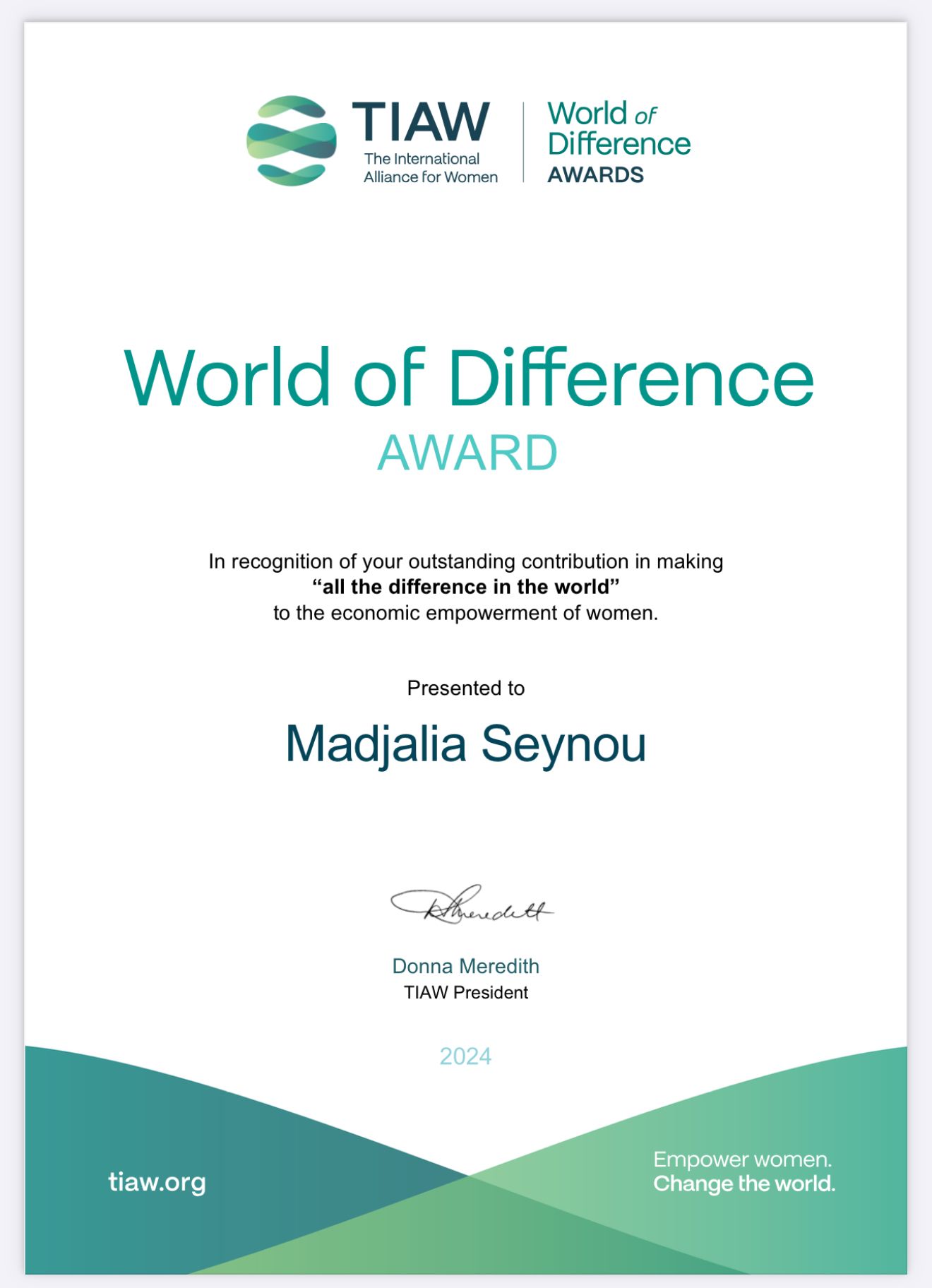

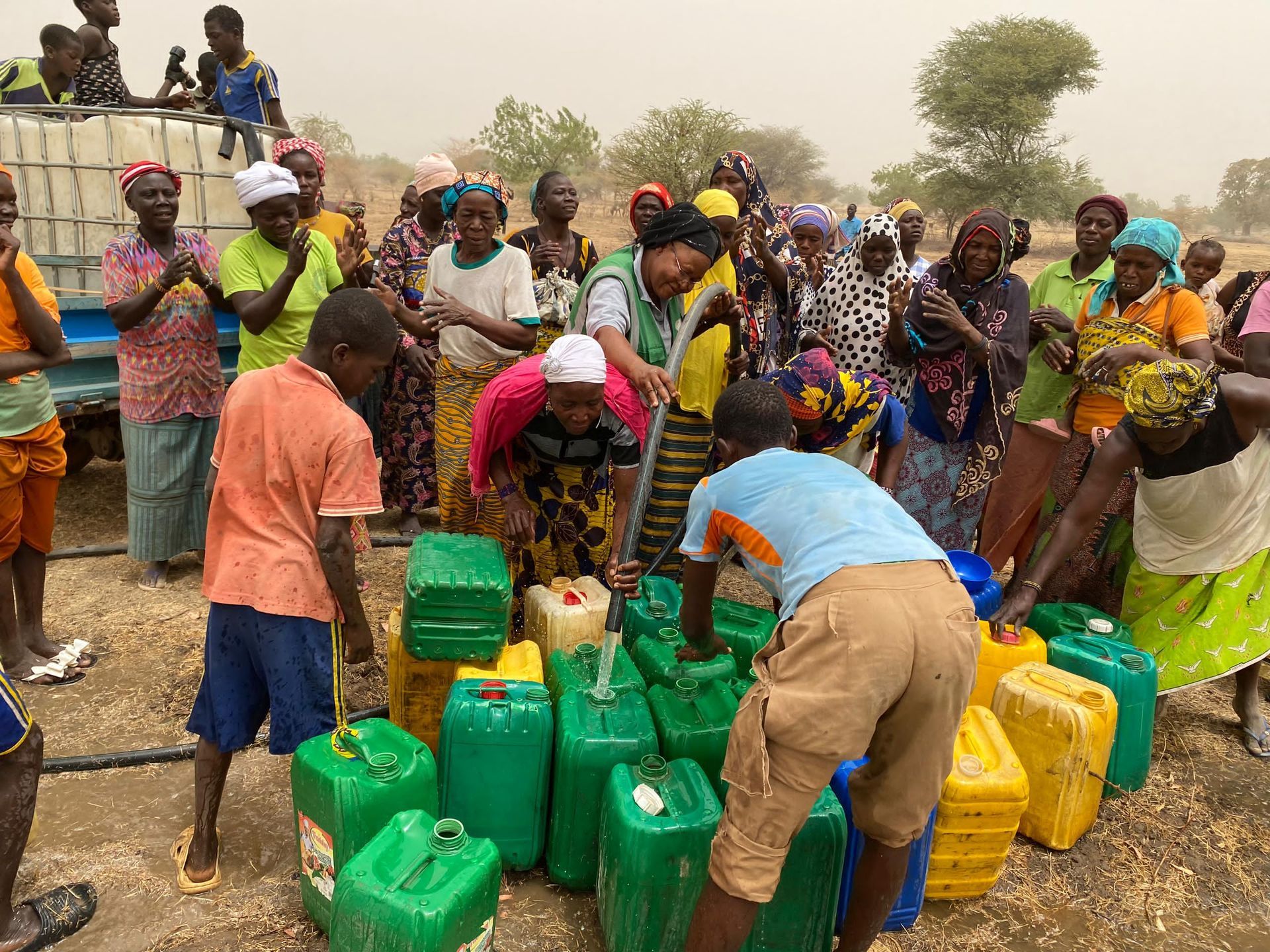
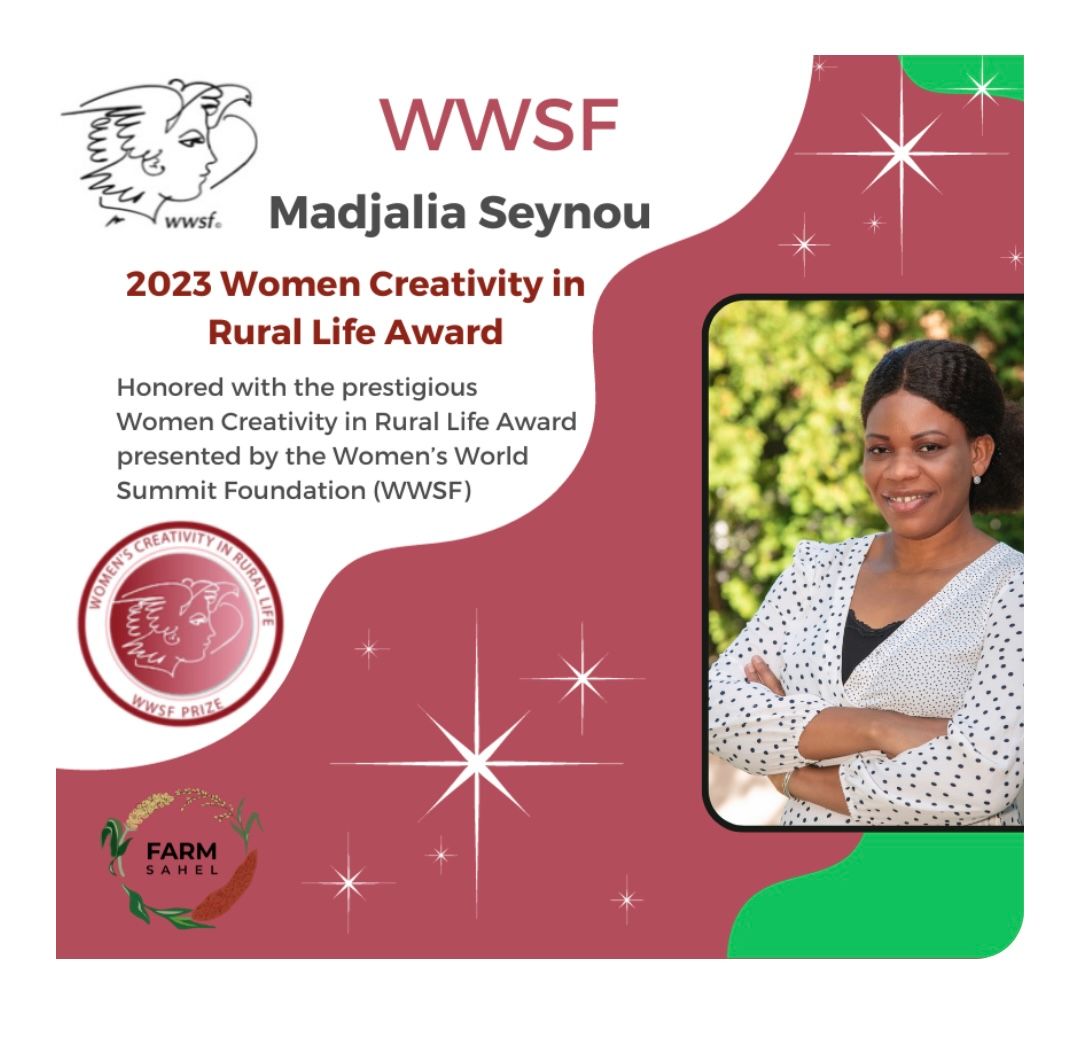
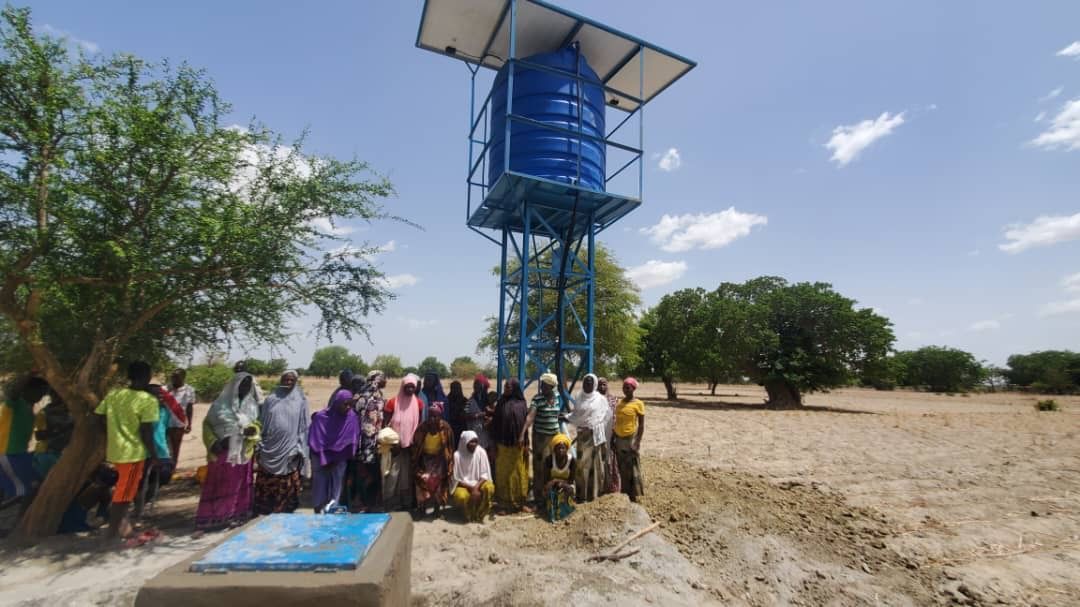
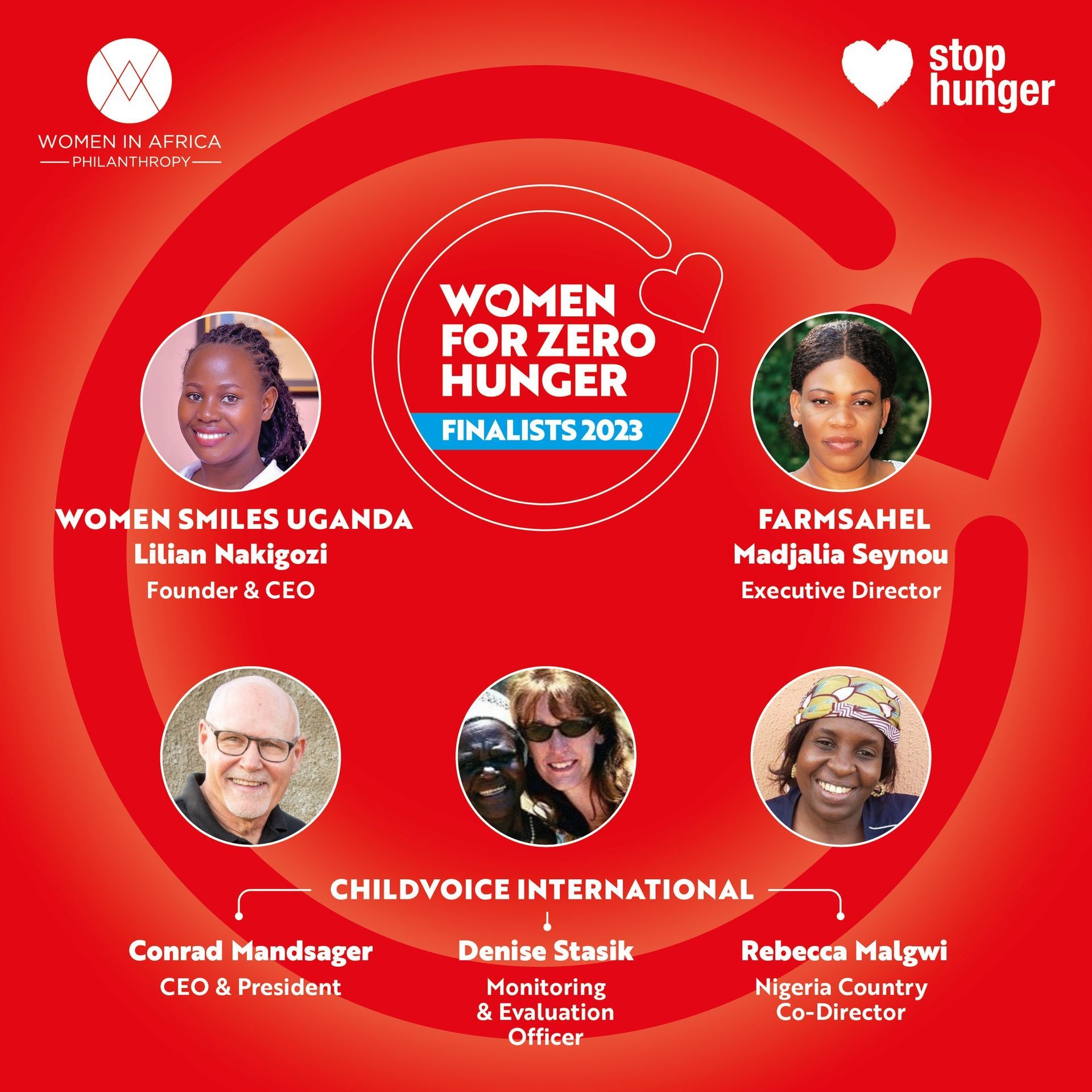

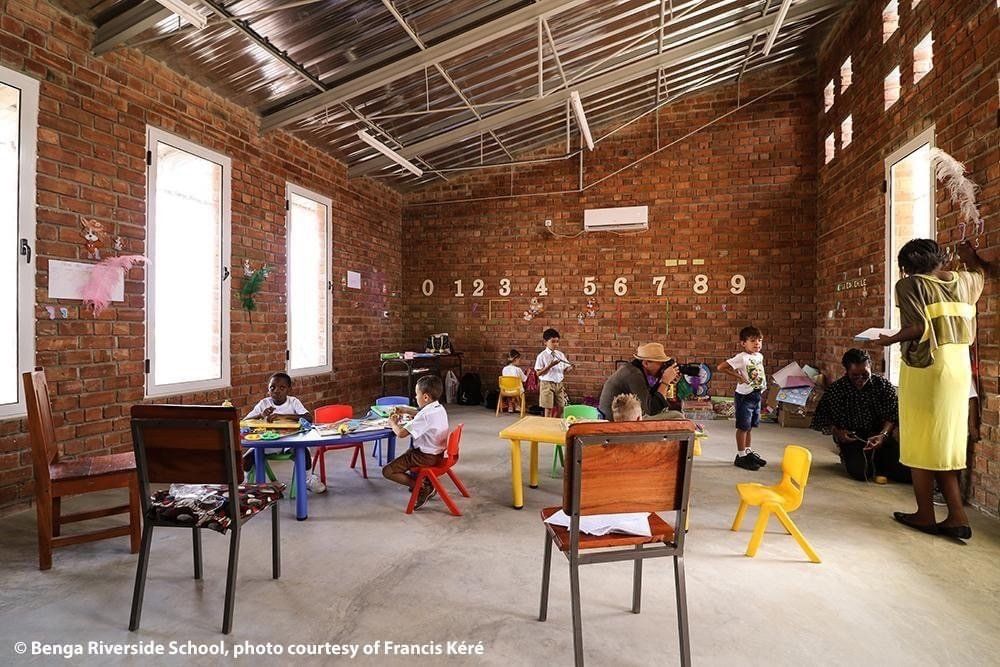

Donate Stocks
Subscribe to our newsletter
Join the Newsletter
Thank you for signing up for our newsletter.
Please try again later

